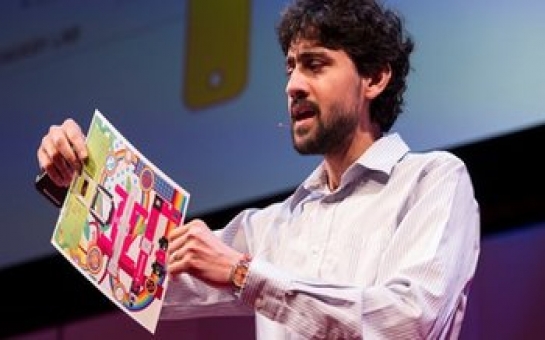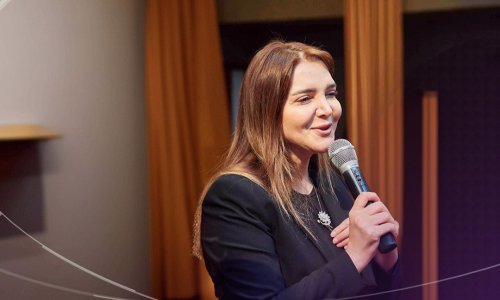But such a simple tool could be a life-saver in the developing world where diagnosing and correctly treating disease can often be an inexact science.It was a problem that Stanford assistant professor and TED Fellow Manu Prakash was determined to solve.On one of many field trips he makes with students to the developing world he was struck by how little infrastructure there was to deal with killer diseases such as malaria."In Kenya there are not enough anti-malarial drugs but even still they are given blindly. They are being over-used because people are so scared," he said.As well as the obvious waste, it means that the parasites which cause the disease become immune to some of the drugs on offer."It is extremely important to treat people for what they have and up until now that has been a dream," he added.That dream could become a reality if local health centres, non-government organisations or even village elders had high quality microscopes on hand that could diagnose common and life-threatening illnesses easily and cheaply.With sophisticated models costing upwards of half a million pounds, Prof Prakash had to go back to basics and it doesn't get more basic than a microscope built entirely of paper which can be put together simply by folding.The origami microscope, dubbed Foldscope, designed by Prof Prakash and his team, can be fitted on to one sheet of A4 paper making it extremely easy to ship in large numbers.It can be assembled in seven minutes, includes no mechanical moving parts, operates with no external power and is very sturdy. Everything from the lenses to the batteries come on the paper."You can throw it in water, stand on it, jump on it and throw it from a five-storey building," said Mr Prakash.Initially they made 1,000 of the microscopes "at a price point where they were almost disposable," said Prof Prakash.And in lab tests Foldscopes optically outperforms traditional field microscopes for disease diagnostic applications.Frugal scienceThe next stage will be to ramp up production and test the microscope in the field in Kenya, India and Uganda.Microscopy is a very broad and often complex science and traditional scopes can have thousands of functions.But most diseases have very specific requirements. So, for example, diagnosing tuberculosis is done in what is called fluorescence mode while malaria needs high resolution.Each of the microscopes designed by Prakash and his team is specific to a particular disease and there are 12 in total."For training it is simple, people don't have to worry about too many knobs, there is only one way to operate it," he said.Each microscope has a built-in projector which means that images can be looked at by many people at the same time - a valuable addition as Prof Prakash is keen that the microscope be as much a learning tool as a diagnosing one.To add to its teaching aspect, on the back of each microscope is a picture of the microbe that the amateur scientist is looking for.The team is starting to distribute the microscope to doctors, medical students, schoolchildren and researchers.Mr Prakash categorises the microscope as part of a wider vision towards "frugal science" - providing tools to allow the developing world to work on scientific principles at extremely low cost.For those using it it may simply be a life-saver.(BBC)ANN.Az
Ultra-cheap 'origami' microscope developed
Society
12:15 | 13.03.2014

Ultra-cheap 'origami' microscope developed
A microscope seems like a complex piece of kit so the idea that one can be printed on to A4 paper for around 50 cents (30p) seems incredible.
Follow us !










